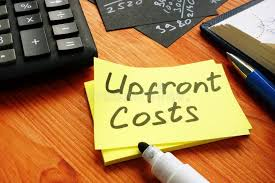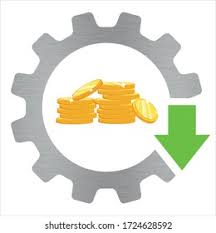
As we move through 2025, many people are asking the same question: Is it better to rent or buy a home this year? The answer is not simple. It depends on your personal situation, job stability, financial goals, and the housing market where you live.
In this article, we’ll compare renting and buying a home in 2025, looking at the pros, cons, and financial facts behind each option.

The real estate market has changed a lot in the past few years. After the pandemic, housing prices soared. Then interest rates increased, making it more expensive to borrow money. In 2025, mortgage rates have settled slightly but are still higher than they were in 2020 or 2021.
Meanwhile, rents have also gone up in most cities. Many people feel stuck between high rent prices and expensive home loans. So which path makes more sense in 2025?
Let’s break it down.
Renting gives you the freedom to move easily. This is helpful if:
In 2025, more companies are returning to office work, but remote work is still common. For people who want to try different cities or work from anywhere, renting can be a smart choice.

When you rent, you usually only pay:
In contrast, buying a home means paying:
If you don’t have a large savings account, renting is more affordable to start.

Renters aren’t responsible for:
With inflation still affecting prices for materials and services, home repairs in 2025 are not cheap. Renters can avoid those surprise costs.
Every mortgage payment you make helps you build equity—that’s the part of the home you truly own. Over time, your home can gain value. Renting, on the other hand, means your money goes to your landlord and gives you no return.
If you plan to stay in one place for at least 5–7 years, buying can be a smart financial move.
When you buy with a fixed-rate mortgage, your monthly payments stay the same for years. Rent, however, can increase each year.
In 2025, many renters have seen rent hikes of 5–10% annually, especially in big cities. Buying can help protect you from that kind of inflation.
Homeowners can renovate and decorate however they like. Renters must follow their landlord’s rules. If you want full control over your space, owning is the way to go.
Let’s look at a quick example for someone living in a mid-sized U.S. city:
| Factor | Renting | Buying |
|---|---|---|
| Monthly Cost | $2,000 rent | $2,300 mortgage (plus taxes & insurance) |
| Upfront Cost | ~$4,000 | ~$60,000 (down payment + closing) |
| Annual Cost | $24,000 | ~$27,600 (excluding maintenance) |
| Long-Term Gain | None | Potential home value growth |
This example shows that renting is cheaper short-term, but buying could be better long-term, depending on the housing market and how long you stay.
Many companies now offer rent-to-own programs. These allow renters to put part of their rent toward buying the home later. This is great for people who want to buy but need more time to save or improve their credit.
New in 2025 are platforms that let people co-own homes with family, friends, or even investors. These tools lower the barrier to entry for buyers who can’t afford a full down payment.
Buying a home lets you invest in energy-saving systems like solar panels, smart thermostats, and more. These tools can lower your monthly bills and make your home more valuable.
Here’s a simple guide to help you decide:
In 2025, there is no one-size-fits-all answer to the rent vs. buy debate. Both have pros and cons. The best choice depends on your lifestyle, goals, and finances.
Talk to a financial advisor or mortgage expert before making your decision. Also, explore all your options—especially new models like rent-to-own or co-buying, which are growing in popularity.
Whether you rent or buy this year, the most important thing is to choose what aligns with your life today—and your dreams for tomorrow.
Read More:- Shobha Realty Launches Its Most Luxurious Project Yet—Full Details Inside 2025
